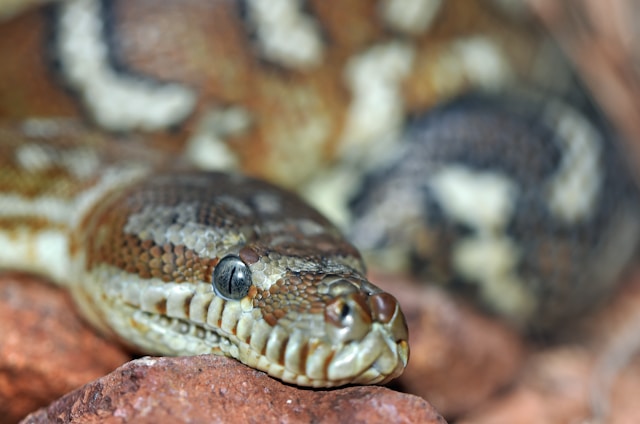Humans are not the target, says a scientist following a python attack on a local in the province of Riau.
As reported by local media, Riau resident Robert Nababan was attacked by a gigantic python while trying to move it from the road. The python latched onto his arm, coiled around him and bit him on the head. He sustained serious injuries in the attack but was rushed to a nearby hospital for treatment.
Earlier in the year, a man in Sulawesi who went missing after going out to harvest palm oil fruit in March was found dead inside a 23-foot-long python.
Locals feared that the snakes were on the hunt for humans. However, Doug Boucher, a scientific adviser for the Union of Concerned Scientists, says that snakes are not to blame for their encounters with humans. Rather, the encroachment on their natural habitat and territory has resulted in more human contact with snakes.
“They’re not coming after us,” Boucher told The Washington Post. “In various ways, either directly or by our actions with changing land use, we’re coming after them.”
He explained that palm oil plants are a magnet for rodents and other small animals that feed on the fatty, energy-dense fruit. These animals are what the snakes prey on.
“You have these sudden encounters,” Boucher told The Post. “It’s not that the snakes are attacking. They’re just not expecting people.”
The lucrative prospect of palm oil production has led to many swaths of rain forest being turned into palm oil plantations in Indonesia. By 2012, according to a research paper in Nature Climate Change, the amount of deforestation in Indonesia was estimated to be higher than the amount of deforestation in Brazil.
Currently, most of the world’s palm oil is harvested from two countries, Malaysia and Indonesia.
photo telegraph.co.uk




